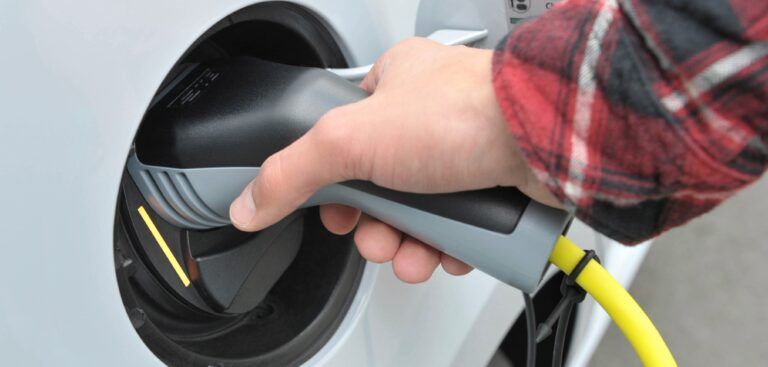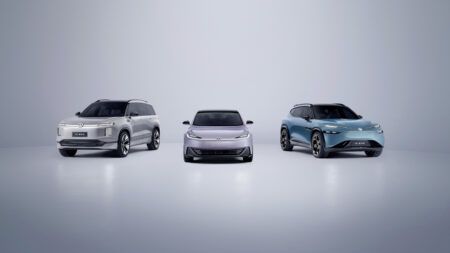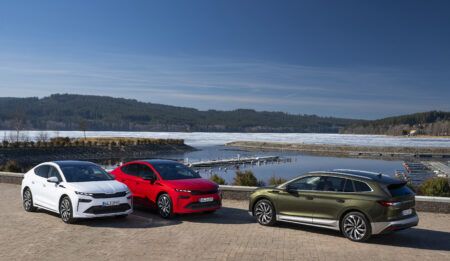How will the global adoption of electric vehicles impact the manufacturing and distribution of essential components?
The popularity of electric and hybrid cars has risen dramatically due to people’s increased eco-consciousness, as well as the efficiency of these vehicles. Hybrid and electric cars are fast becoming the new norm, especially in countries like Norway, and many countries have now pledged to phase out fossil fuel vehicles by 2030. One gas station in Maryland USA has already swapped out all of their fuel pumps for charging stations.
It’s predicted that, with advancements in technology, higher demand, and increased production of components, the cost of owning an electric car will be on par with owning a fuel car by 2022.
The primary components of an electric vehicle are the battery, motor controller, and the electric motor. However, as you would expect, many components go into the creation of an electric vehicle, such as the traction battery pack, on-board charger, transmission, charge port, and thermal system.
The electric vehicle industry is a developing market and, by the time electric vehicles have become the norm, we may see huge changes in the way these components are made. For example, the batteries in electric cars are often made using lithium-ion technology but lead-acid batteries and nickel-metal hydride batteries are also used, and other alternatives may still be found.
While electric motors have fewer moving parts than traditional engines, there are still different types and models on the market. The manufacturer who will produce the best electric motors is still yet to be determined.
Electric motors can be made to use a DC or an AC current, depending on the vehicle. AC motors are cheaper and lighter than DC motors as well as being slightly more durable. The problem is that AC motors need a more sophisticated motor controller to operate, and these are the kinds of considerations that need to be addressed when sourcing components.
Tesla has long been synonymous with electric car technology, and its recent purchase of a Canadian battery manufacturer suggests that it intends to stake its claim in the battery production market too. With global interest in the company and its huge funding base, Tesla carries a certain weight of expectation to drive electric technology forward, but it isn’t the only company worth keeping an eye on.
Other huge names are also making themselves known in the electric vehicle market – Audi has revealed its plans for 20 new electric car models and 10 new hybrid models by 2025. Plus, BMW’s most affordable fully electric vehicle to date, the i1 is scheduled to hit the market in 2021. Along with other exciting advancements such as Triumph’s intention to start developing electronic motorcycles, the future of motoring is looking much greener.
How does this affect supply chains?
The rapidly developing electric vehicle market will have an impact on supply chains. The new technology as vehicles advance further and the increased popularity of the vehicles will create a need for new components.
The interest in electric cars may be further increased by the UK government’s plans to have all new-build UK homes built with an electric vehicle charging port. Without the concern and cost of having to install a charging port, more people could be swayed to going electric.
The huge number of electronic components needed for electric vehicles should serve as an indicator to manufacturers and suppliers to begin planning for the future now, and manage their supply chains effectively to source and produce the new components.
China currently has the largest market in electric vehicles (even larger than the UK and US markets combined), but the US-China trade impasse may make certain supply chains much more complicated, especially when importing lithium for lithium-ion batteries.
If trade wars do become too difficult to get around, we may see an increase in local manufacturing and production of components. The UK government has invested £23 million in companies for the development of car batteries and other countries will likely do the same.
Whilst so many big companies have already thrown their hats into the ring when it comes to electric vehicles, it is still a growing market. Any country could become a major power in electric vehicle manufacturing with the right investment in research and technology, which may factor in when suppliers are managing their supply chains.





